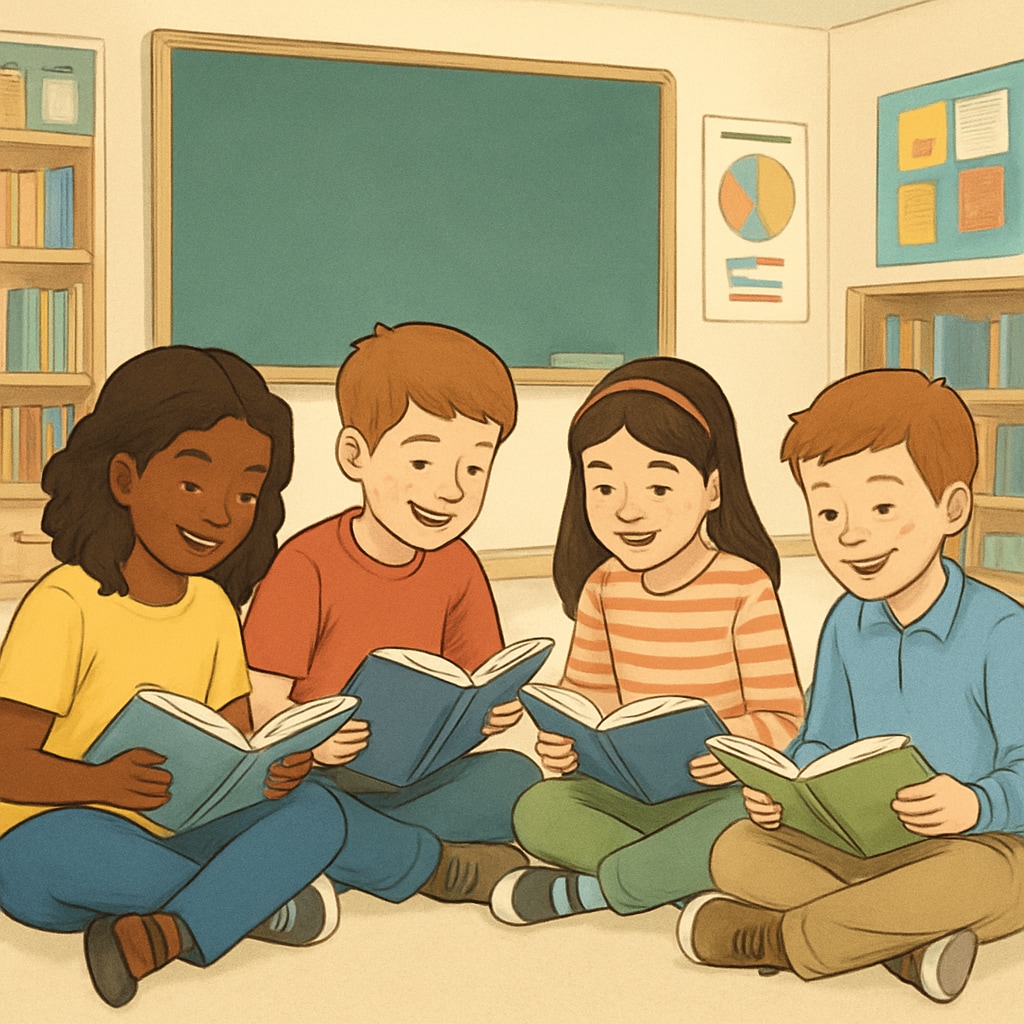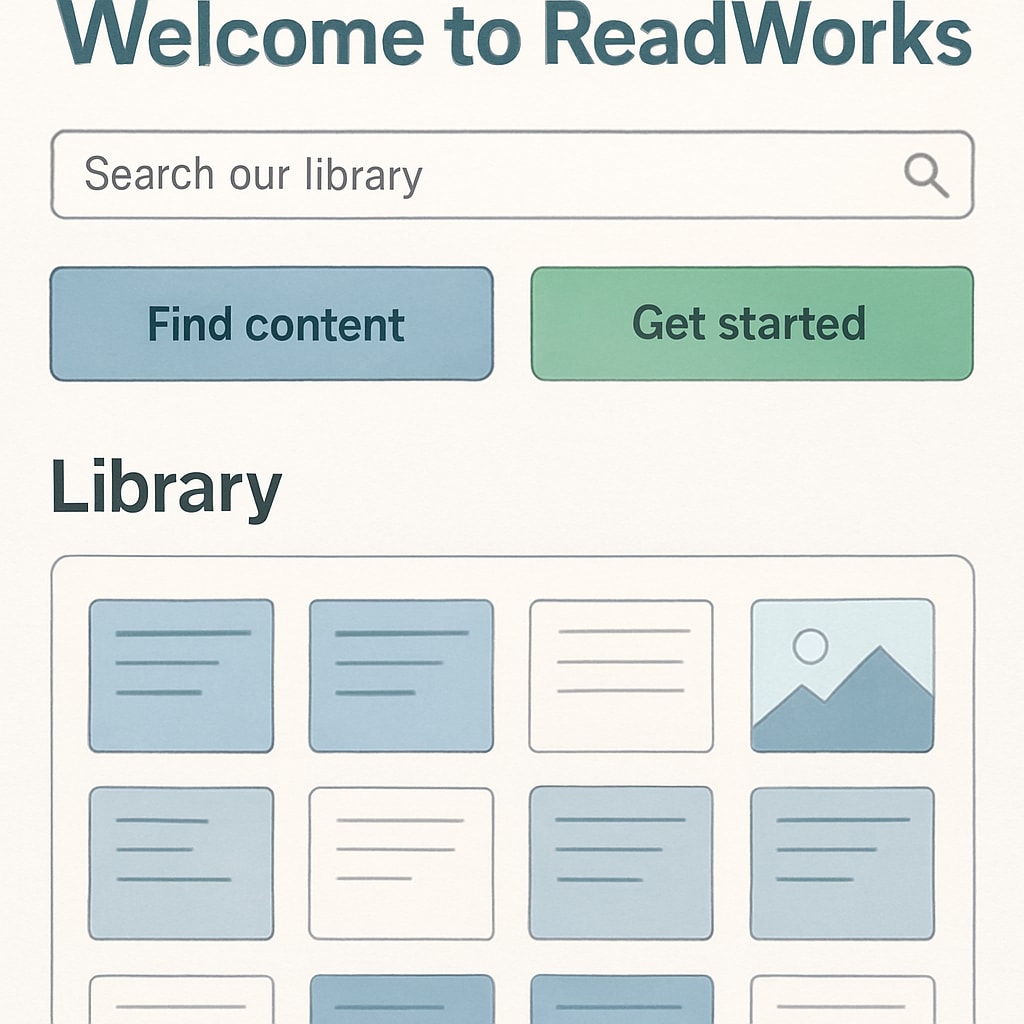The Accelerated Reader (A.R.) system has long been a staple tool for reading comprehension tests, incentivizing young readers with points and rewards. However, not all schools and families can afford this program, leading educators and parents to search for free alternatives that maintain similar levels of engagement and effectiveness. In this article, we’ll explore the benefits of A.R., factors to consider when choosing a replacement, and some top free resources to ignite students’ reading enthusiasm.
What Makes the A.R. System Effective?
The A.R. system stands out for its structured approach. By assigning point values to books and offering quizzes to test comprehension, it provides a clear goal-setting mechanism for young readers. The points-based reward system can be highly motivating for students, encouraging them to read more and improve their comprehension skills. Additionally, teachers benefit from the system’s detailed progress tracking, which allows them to tailor instruction based on individual student needs.
However, despite its advantages, A.R. comes with significant costs and limited flexibility. These barriers have prompted many educators to explore free alternatives that offer similar benefits without the financial burden.

Criteria for Choosing Free Reading Comprehension Alternatives
When selecting a free alternative to the A.R. system, it’s important to evaluate the following factors:
- Accessibility: The platform should be easy to use for both students and educators.
- Content Variety: A broad selection of age-appropriate and engaging reading materials is essential.
- Assessment Tools: Quizzes or comprehension tests should be available to track progress.
- Motivational Features: Gamification elements, such as badges or leaderboards, can help sustain interest.
- Customization: The ability to tailor reading lists and assessments to individual students’ needs is a big plus.
By keeping these criteria in mind, educators and parents can select tools that foster a love of reading while supporting comprehension development.
Top Free Reading Comprehension Resources
Here are some excellent free resources that can serve as alternatives to the A.R. system:
- ReadWorks: This platform offers a vast library of fiction and nonfiction texts, complete with comprehension questions and vocabulary support.
- CommonLit: Aimed at grades 3-12, CommonLit provides high-quality reading materials and assessment tools, making it an excellent resource for older elementary students.
- Epic!: While primarily a subscription service, Epic! offers free access to a limited selection of books and quizzes for educators and parents.
- Freckle: Freckle includes free ELA (English Language Arts) resources that adapt to individual student levels, ensuring personalized learning experiences.

Create Your Own Reading Comprehension System
If existing platforms don’t fully meet your needs, consider creating a custom system tailored to your students. Here’s how:
- Design Book Lists: Curate a list of books based on your students’ reading levels and interests.
- Develop Quizzes: Create short, multiple-choice or open-ended questions for each book to test comprehension.
- Incorporate Rewards: Implement a points or badge system to keep students motivated.
- Track Progress: Use spreadsheets or simple tracking apps to monitor each student’s achievements.
While this approach requires more effort, it allows for complete customization and can be a rewarding project for educators and parents alike.
Conclusion
Replacing the A.R. system doesn’t have to be daunting. With a variety of free resources and the option to create your own system, educators and parents can continue to inspire young readers while fostering critical reading comprehension skills. By focusing on engagement, accessibility, and personalization, we can empower the next generation of readers to thrive.
Readability guidance: This article uses short paragraphs, bulleted lists, and clear transitions to ensure readability. It balances key information with actionable tips, keeping passive voice and long sentences to a minimum.


